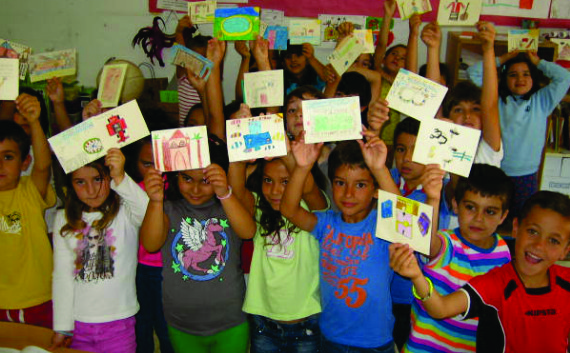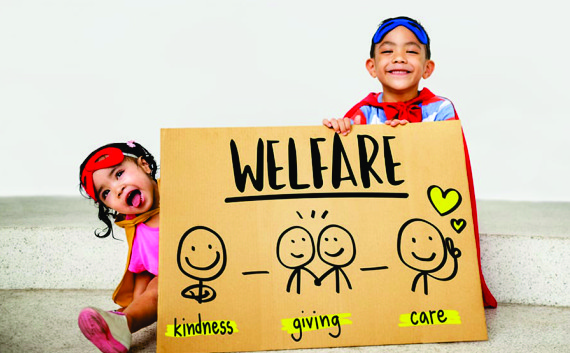Literacy Program
It is the right of every human being to be able to read and write, irrespective of class, ethnicity, gender, color, caste, creed, age and belief. Despite a steady increase in literacy rates over the last 50 years, there are still 773 million illiterate people in the world, most of whom are women. There are many countries where the literacy rate is low. India is working on literacy and the government and non-governmental organizations are working to make every Indian literate.
Literacy is one of the reasons why we started Nest Foundation. Our goal is to eradicate illiteracy on earth.
I would like to share a short story that inspired us to start a literacy project at our level. We travelled from the Middle East to Lucknow, which is known as the city of the Nawabs. It is the capital of the most populous state in India, Uttar Pradesh. We landed at Chaudhary Charan Singh International Airport and started the immigration procedure. I filled out the immigration form for my family, while my family members were busy with other formalities. After completing the form, I turned around and went to the counter. A 50-year-old man approached me and asked me to fill out his immigration form. He worked as a welder in a Gulf country but could not read or write. I filled out his form and raised my head to look at him. I saw a long line behind the man, and they all wanted me to help to fill out their immigration forms. I had filled out about 50 forms at that point. I told my husband the whole story, and so we set up Nest Foundation. The Nest Foundation has been running literacy classes since 2014, and has changed the lives of many people. Hundreds of people have benefited from this program.
Some of them have enrolled in mainstream classes and completed their schooling. Those who were already working in various trades like carpentry, tailoring and greengrocer learnt Hindi, English and arithmetic, and have been able to apply these skills in real life. Now they can read newspapers, fill out bank forms, sign and do simple calculations. Due to the pandemic, online classes are running for those who have internet facilities.












